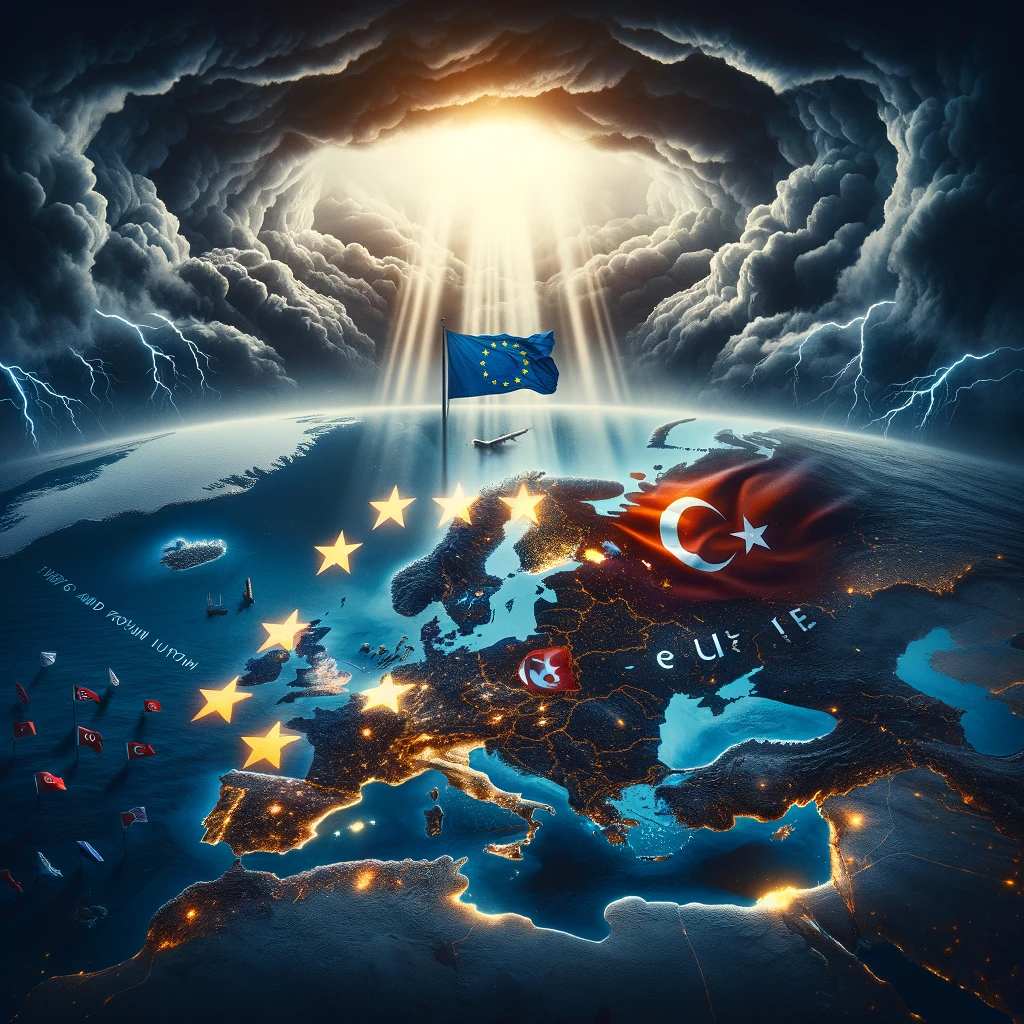BRUSSELS (Euroxpe) — In a dramatic shift within the European Union, far-right parties have made significant gains in the recent parliamentary elections, delivering notable defeats to established political figures such as French President Emmanuel Macron and German Chancellor Olaf Scholz.
In a notable example of this shift, Italian Prime Minister Giorgia Meloni saw her party more than double its seats in the EU parliament. Despite facing scandals, Germany’s Alternative for Germany (AfD) also secured a strong position, surpassing the Social Democrats led by Scholz. The Christian Democrats of EU Commission President Ursula von der Leyen had preemptively shifted to the right on issues such as migration and climate, which ultimately helped them maintain their status as the largest group in the European Parliament.
The standout success of the night was undoubtedly Marine Le Pen’s National Rally party in France. Their dominant performance led Macron to dissolve the national parliament and call for new elections, a risky move that could further weaken his party’s standing. Le Pen, emboldened by her party’s success, proclaimed her readiness to “defend the interests of the French” and tackle mass immigration, mirroring sentiments expressed by other far-right leaders across Europe.
In Germany, the AfD overcame scandals to increase its share of the vote to 16.5%, a significant rise from 11% in 2019. In contrast, the combined result for the three parties in the German governing coalition barely exceeded 30%. Scholz’s Social Democratic Party suffered a particularly harsh blow, falling behind the AfD, which emerged as the second strongest force in Germany. AfD leader Alice Weidel celebrated their unexpected success, calling it a triumph against the odds.
This surge of far-right influence across Europe raises questions about the continent’s future. Are we witnessing a repeat of history, where shifts towards the right have previously led to increased conflict and instability? The election results have undeniably changed the political landscape of the EU, with traditional pro-European groups like the Christian Democrats and Socialists remaining dominant but now having to contend with a more powerful far-right presence. The Greens, expected to lose around 20 seats, and Macron’s pro-business Renew group also faced significant losses.
As Europe navigates this new political reality, the rise of far-right parties could herald a period of heightened tension and uncertainty. This shift may also mark the beginning of a new era where America’s strategic and military influence could once again play a decisive role, potentially leaving Europe in a precarious position.






